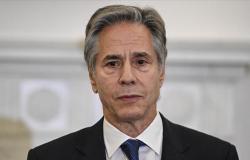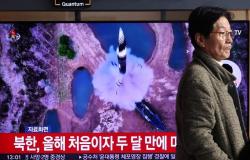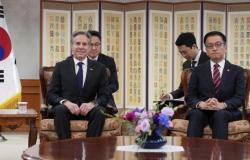This presidential veto is not really surprising. Joe Biden only anticipated a decision that Donald Trump had committed to making upon his arrival at the White House. The United States, often seen as the symbol of economic liberalism, does indeed have a long tradition of interventionism when it comes to preserving its own vital interests.
Antony Blinken admits US was ‘very worried’ about Putin’s nuclear threats, discusses China’s ‘double-dealing’ in war
The crises of recent years, let us think only of Covid and the multiple consequences of the war in Ukraine, have redrawn the borders of a world where the concepts of reindustrialization, strategic autonomy and protectionism have returned to the heart of the action of the great powers. The United States has long integrated this reality into its economic doctrine.
In this context of relative “de-globalization”, it is urgent that Europe, long confined to the position of the useful idiot of global capitalism, wakes up. Faced with a slowdown in its economy, the erosion of its industrial fabric and a worrying technological gap, the Old Continent must finally take its destiny into its own hands. To strengthen its competitiveness, green its economy, invest in key areas of innovation but also, where appropriate, to protect itself against forms of unfair competition or those that undermine its economic sovereignty. In the automotive sector, the question of the survival of “made in Europe” production is already raised in the face of unfair competition from China. Other threats are already looming over other strategic sectors. Naivety can no longer be appropriate.






